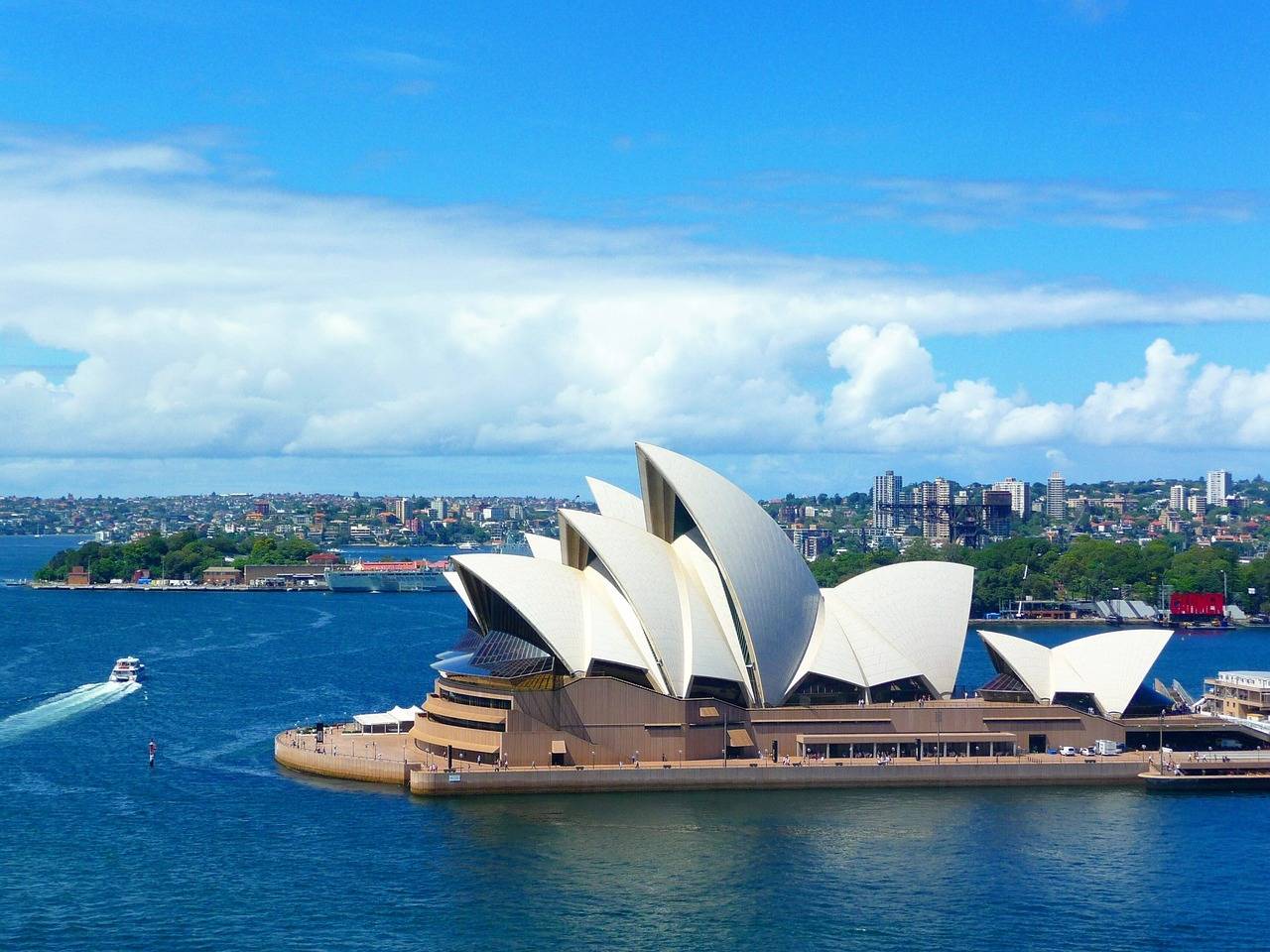NEW YORK — At a time when tensions are high between the Church and the government, Australian Prime Minister Scott Morrison and Attorney General Christian Porter released a much-anticipated response to the nation’s Religious Freedom Review on Thursday.
The 21-page report comes after the release of an expert panel review that was published in May, which made 20 recommendations meant to “enhance the protection of the right to freedom of religion in Australia, both through legislative amendments to Commonwealth, state and territory legislation, and through non-legislative measures.”
The original report noted: “Freedom of thought, conscience and religion is a right enjoyed by all, not just those of faith. It protects those who live a life of faith and those who live by other beliefs or, indeed, no beliefs.”
“It protects those who face coercion that impairs their freedom to choose their religion or beliefs. It protects those whose views on faith or belief change over their lifetime. It is not a protection for religions. It is a protection, a human right, for the religious, the non-religious and those who subscribe to other systems of belief,” it continued.
That declaration was jointly affirmed by the government’s response on Thursday.
Of the 20 recommendations made by the review panel, 15 were accepted directly, with 5 recommendations set aside for further considerations. Most notably, the government is seeking to strike a balance between protecting religious freedom and the non-discrimination of LGBT staff and students in religious schools.
The Morrison government noted that in 2019 it will put forward a religious discrimination bill to protect individuals from being discriminated against on the basis of religion.
In addition, the government announced that it would create a new post for a religious freedom commissioner that will be responsible for religious discrimination complaints.
To date, the government said the new initiatives are non-contentious, but instead, a “tidy-up” of its current laws.
Ahead of the release of the report, Morrison told The Australian, a leading national paper, “Australia is a secular democracy but that does not mean that Australians are a godless people. Australians have a diversity of faith and religious backgrounds and these should all be respected.”
“This is an essential part of multiculturalism, in the same way no Australian should be discriminated against for their ethnicity or sexuality. Protecting freedom of belief is central to the liberty of each and every Australian,” he continued.
Archbishop Anthony Fisher of Sydney has supported the religious discrimination act as a means to protect the Church’s ability to maintain its teachings on marriage between one man and one woman, as well as the sacrament of confession.
“There have been attempts in some states to ban the sacrament of confession,” he said. “There’s moves to remove the few existing religious liberty protections from our schools.”
“A lot of other supporters of traditional marriage felt that they were, one way or another, discriminated against — including being sacked just for saying they supported traditional marriage,” he observed to The Australian.
In response to the Government’s report, Archbishop Peter Comensoli, who leads the nation’s largest diocese of Melbourne and serves as spokesman for the Australian Catholic Bishops’ Conference on religious liberty issues, said “The release of the Religious Freedom Review will help Australians have a more informed debate on how best to recognise religious freedom in Australian law.”
“Our preference is that the law recognise religious freedom in a positive way as a basic, internationally-protected human right – and one that deserves protection,” he continued. “The major political parties have expressed their support for freedom of religion to be adequately addressed in Australian law, and we look forward to them making good on their commitments.”
“We will be examining the Government’s response to the report to ensure it provides adequate protection for religious freedom,” he concluded. “We look forward to engaging with each of the parties to discuss the report’s recommendations and come to an acceptable way forward.”


















